To CBC Radio listeners, God bless em.
Without whom
I, ME, WE
We chose to write this book in first-person singular out of habit. Though we have always worked together to research, write, and produce the radio series The Age of Persuasion, our show has always had a single voice: that of Terry OReilly. And thats the voice youll hear as you read this book.
Where opinions are expressed, they are shared. A few personal anecdotes might come from one or the otherbut we dont expect youll lie in bed at night agonizing over which one came from whom. All the same, the lions share of the war stories we usethe tales from the trenches of the ad businessare taken from Terrys experiences, first as an ad agency copywriter and especially as an ad writer, director, and founding partner of the creative audio production company Pirate Toronto (and Pirate New York). It might be from all those years weve spent in radio: we just think messages are clearer when one person does the talking.
If it helps any, the authors have a lot in common: were both Ontario boys born almost exactly a year apart, our fathers are of Irish stock, we share an encyclopaedic knowledge of NHL players of the early 1970s, we both started writing ads at private radio stations in the early 1980s, we both love to read all the credits at the ends of movies (and both of our families hate this about us), we are fathers of three kids apiece, and we both have wonderful wives. Who like some of our work.
Terry OReilly
Mike Tennant
Creemore / Kitchener (respectively), Ontario
March 2009
 ne bracing December day in 1872, just west of the Strait of Gibraltar, a ship set out to intercept the Mary Celeste, a two-mast vessel bound for Genoa from New York with a cargo of industrial alcohol. The Dei Gratia had spotted the Mary Celeste a short time earlier, drifting aimlessly under partial sail. A boarding party was dispatched. A thorough search revealed no trace of its ten passengers or crew, just signs of weather damage and a metre of water in its hold. There were no notes or writings, no signs of struggle or violence, and no indications of distress. To this day, the demise of the Mary Celeste remains a popular puzzle for historians and mystery buffs, who pore over accounts left by the crew of the Dei Gratia and the intriguing, infuriating handful of clues left behind.
ne bracing December day in 1872, just west of the Strait of Gibraltar, a ship set out to intercept the Mary Celeste, a two-mast vessel bound for Genoa from New York with a cargo of industrial alcohol. The Dei Gratia had spotted the Mary Celeste a short time earlier, drifting aimlessly under partial sail. A boarding party was dispatched. A thorough search revealed no trace of its ten passengers or crew, just signs of weather damage and a metre of water in its hold. There were no notes or writings, no signs of struggle or violence, and no indications of distress. To this day, the demise of the Mary Celeste remains a popular puzzle for historians and mystery buffs, who pore over accounts left by the crew of the Dei Gratia and the intriguing, infuriating handful of clues left behind.
Now, suppose you could look at the earth with fresh eyes, like those of the Dei Gratias crew as they boarded the Mary Celeste. While passing from a nearby galaxy, you might notice this planet drifting erratically and drop by to investigate. Youd find everything on earth exactly as it is nowas you read thisbut without a single human being to be found. What would you deduce about this world, its people, and their culture? Would you marvel at a species that produced the sonnets of Shakespeare, the prophecies of Muhammad, the solos of Miles Davis, the musings of Lao Tzu, and the engineering genius of the Robertson screwdriver?
Maybe. But not before being overwhelmed by the most conspicuous, ubiquitous force in modern culture: advertising.
You would see ads on billboards and posters, in bus shelters, covering the sides of six-storey buildings, infused into radio and television programming, and streamed to personal communications devices. Monitoring the airwaves, youd hear a loud mashing of messages transmitted for radio, TV, and satellite. Youd find ads projected onto the floors of shopping malls, broadcast on screens in elevators and over gas pumps, wrapped around buses, and planted in roadside flowerbeds. Youd see ads posted in washroom stalls, in golf holes, on taxi hubcaps, and stuffed into envelopes with utility bills.
Had you stumbled upon this planet in any other era, you might have concluded that we lived in an age of stone or bronze, an ice age, an age of reason, or an age of enlightenment. But today? You couldnt help but conclude that we live in an age of persuasion, where peoples wants, wishes, whims, pleas, brands, offers, enticements, truths, petitions, and propaganda swirl in a ceaseless, growing multimedia firestorm of sales messages.
When prompted to cite the greatest influences on modern culture, most people would probably name new technologies, dominant personalities, the economy, climate change, or tribal differences. Strangely, few think to name advertising, which has insinuated itself into virtually every aspect of twenty-first-century life. The age of persuasion reveals itself in us each time we flirt, date, apply for a job, buy a car, sell a home, fight a speeding ticket, heckle a referee, write to Santa Claus, pop a breath mint, or simply dress for effect. Its a cultural force were just beginning to understand and whose language we speak better than we realize.
Way back in 1917, novelist Norman Douglas wrote: You can tell the ideals of a nation by its advertisements. But still, more than a century later, despite the many clues, we tend to underrate the role of advertising in daily life. Its a forgivable oversight: its not easy to take seriously the marketing neverland where cartoon bears pitch toilet paper, where the Ty-D-Bol man patrols your toilet tank in a tiny row-boat, and where a tin of Folgers coffee can heal a marriage. Yet the influence of marketing cant be ignored: worldwide, advertisers now spend upwards of $600 billion a year trying to influence what you think, do, and buy. It took the United States four years to spend that much on its post9/11 wars in Iraq and Afghanistan.
On a given day, at least three hundred, and as many as six thousand, marketing messages are lobbed your way. Statistics suggest that people spend more time exposed to advertising than they spend eating, reading, cooking, praying, cleaning, and making love combined. Marketing has transformed childhood games into multibillion-dollar sports empires, manufacturing heroes and sculpting our history. Does great advertising win elections? No one can say, though few doubt that bad advertising can certainly lose them.
SO WHATS THE DIFFERENCE BETWEEN MARKETING AND ADVERTISING?
Marketing (possibly from the Latin word mercari, meaning to buy) refers to all or part of the process of conceiving, promoting, distributing, and selling a product or service.
Advertising (from the Latin word advertere, meaning to turn toward) is one subset of marketing. Its the act of bringing that product or service to the publics attention, often through paid announcements or commercials.
The better you understand the ad messages you receive every day, the better youll comprehend exactly how advertising has come to drive art, culture, and communication. A striking example is the soap opera, popularized in the early 1930s because soap makers needed a way to reach a vast audience of housewives with their sales messages. In 1966


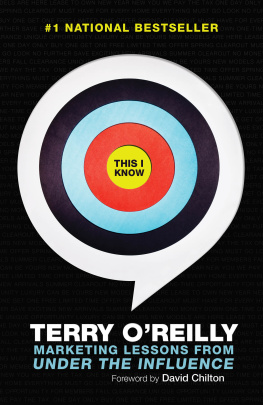
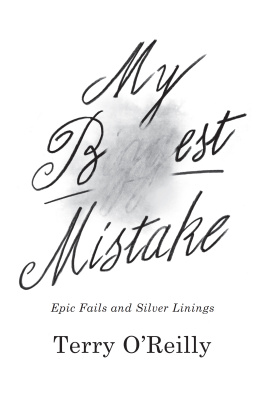
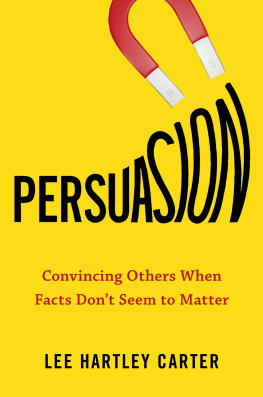
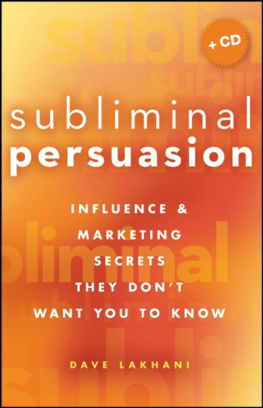
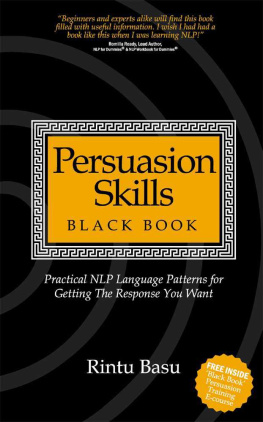
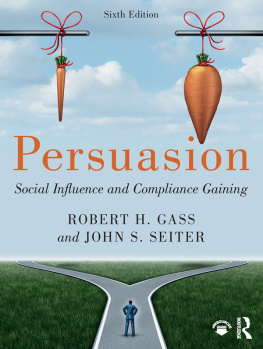
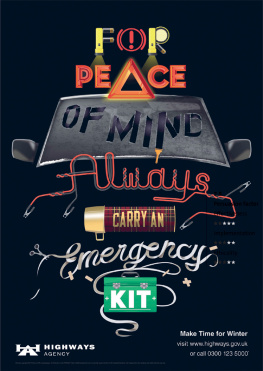
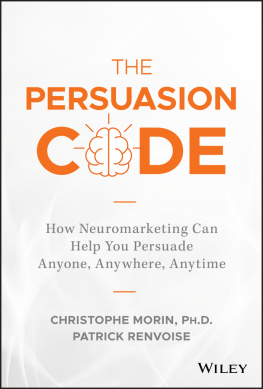
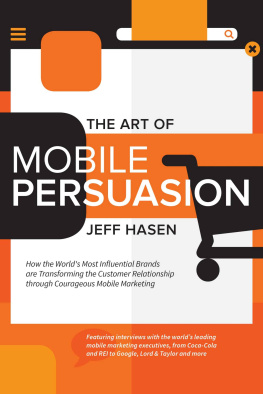
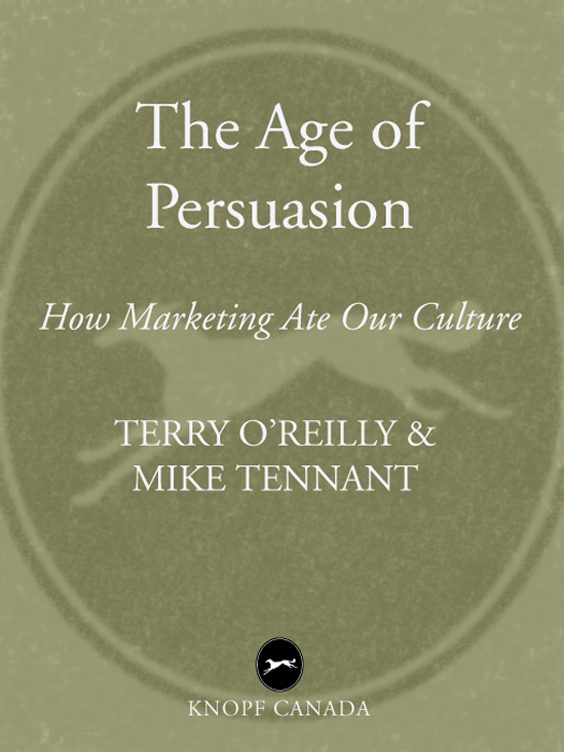
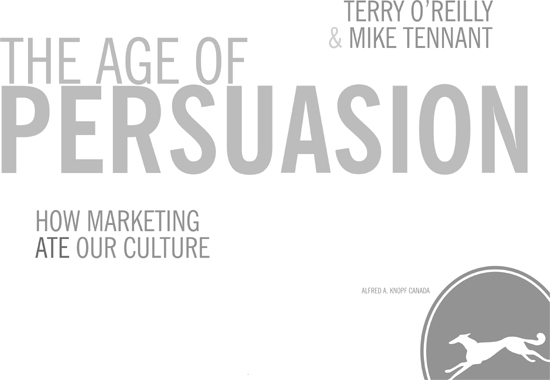
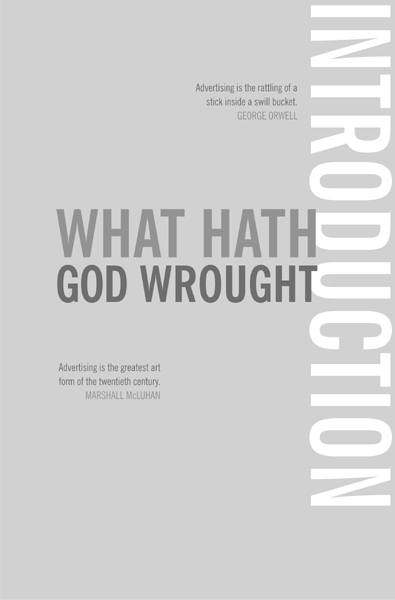
 ne bracing December day in 1872, just west of the Strait of Gibraltar, a ship set out to intercept the Mary Celeste, a two-mast vessel bound for Genoa from New York with a cargo of industrial alcohol. The Dei Gratia had spotted the Mary Celeste a short time earlier, drifting aimlessly under partial sail. A boarding party was dispatched. A thorough search revealed no trace of its ten passengers or crew, just signs of weather damage and a metre of water in its hold. There were no notes or writings, no signs of struggle or violence, and no indications of distress. To this day, the demise of the Mary Celeste remains a popular puzzle for historians and mystery buffs, who pore over accounts left by the crew of the Dei Gratia and the intriguing, infuriating handful of clues left behind.
ne bracing December day in 1872, just west of the Strait of Gibraltar, a ship set out to intercept the Mary Celeste, a two-mast vessel bound for Genoa from New York with a cargo of industrial alcohol. The Dei Gratia had spotted the Mary Celeste a short time earlier, drifting aimlessly under partial sail. A boarding party was dispatched. A thorough search revealed no trace of its ten passengers or crew, just signs of weather damage and a metre of water in its hold. There were no notes or writings, no signs of struggle or violence, and no indications of distress. To this day, the demise of the Mary Celeste remains a popular puzzle for historians and mystery buffs, who pore over accounts left by the crew of the Dei Gratia and the intriguing, infuriating handful of clues left behind.